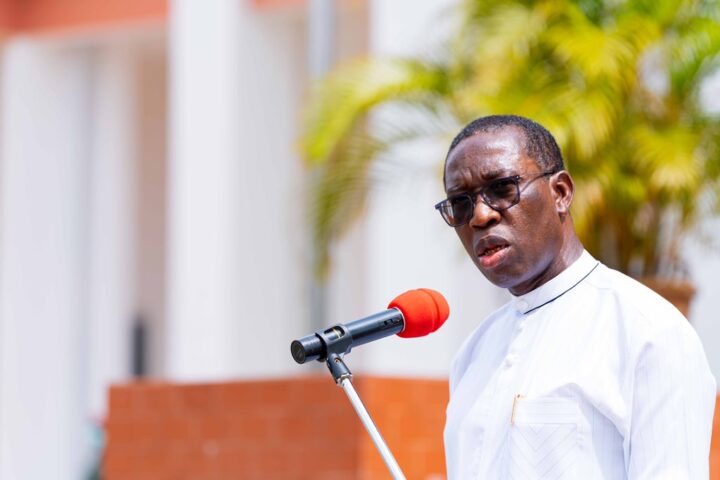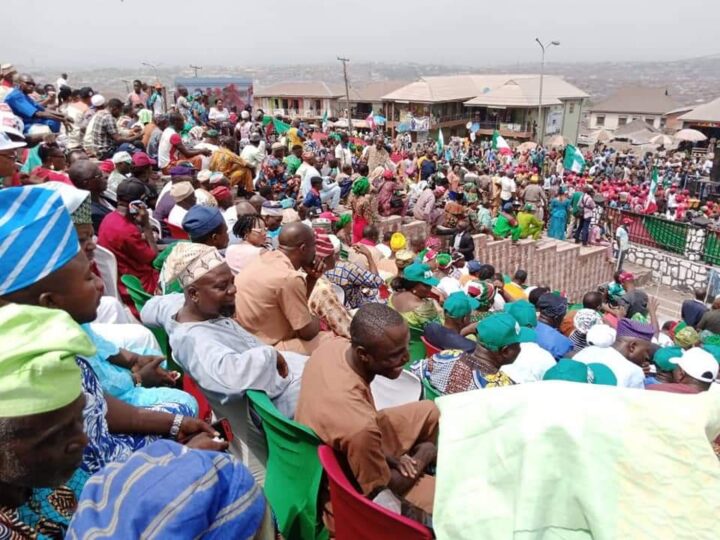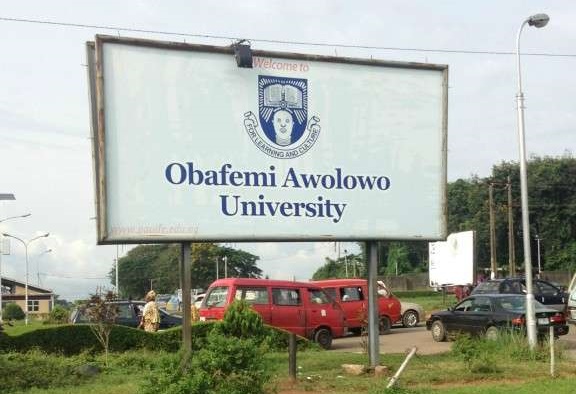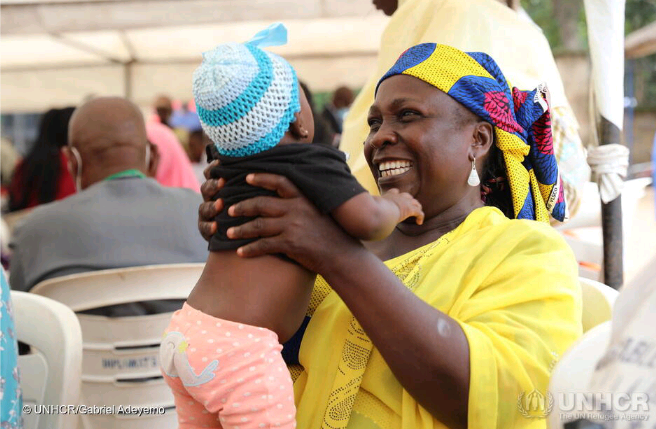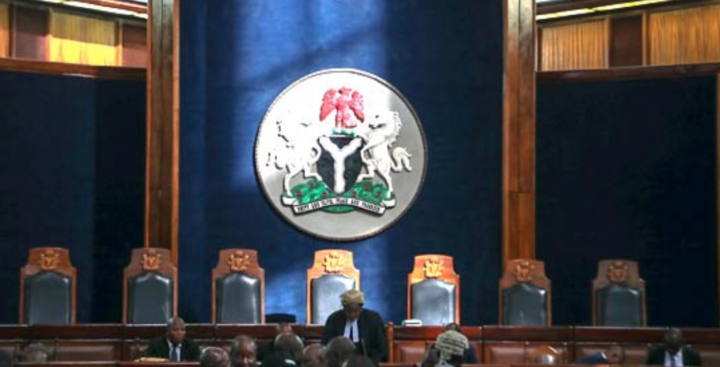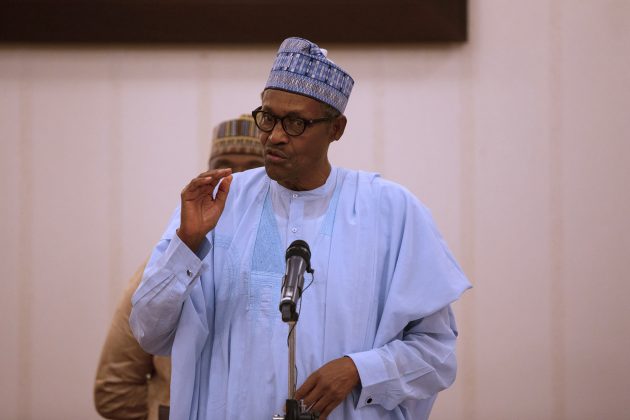Ifeanyi Okowa
BY JEROME-MARIO UTOMI
I learned two separate but related lessons from a keynote speech delivered by Senator Ifeanyi Okowa, the executive governor of Delta state, at the 2021 annual lecture and symposium organised by Ripples Centre for Data and Investigative Journalism (RCDIJ), held Wednesday, August 25, 2021, at Sheraton Lagos Hotel, Lagos. The lecture had a theme; ‘Rebuilding Trust in a Divided Nigeria: Advancing the Conversation’.
Beginning with the first, the lecture brought deeper conviction that there was indeed a sincere desire for independence in this country to build and move toward a genuinely great nation, and I also concluded after listening to Mr. Governor, that if such move was allowed, there would have been a great increase in the nation’s socio-economic fortunes in this direction, rather than the present gradual decline that has occurred.
Second, Okowa’s lecture fundamentally rekindles some hopeful signs that democracy truly guarantees an individual’s right to go against the masses and say ‘no’ according to the dictates of his conscience. It specifically guarantees his right to call for change, when people cling to tradition out of fear and frustration.
Though such principles could be quite difficult, if not impossible to implement during turbulent times like ours, however, like every new invention which comes with opportunities and challenges, there are three great insights that qualify Okowa’s declaration as ‘Truth in a Season of Distrust’.
Advertisement
Most germane was his use of carefully prepared points, properly framed arguments, vivid evidence, and emotional match, to demonstrate how at one time, Nigerians lived freely and effectuated themselves among ethnic groups other than theirs, and how our history shows that about that same time and beyond, Nigeria generally battled with the issues of mutual distrust, suspicion, prejudice, with the various ethnic nationalities locked in battles for supremacy or minority rights. The second traced the origin and factors that presently fuel disunity in the country while the third and most importantly proffered solutions to building the nation of our dreams.
Talking about a united country in a pre-independent Nigeria, Governor Okowa gave an example of how late Mallam Umaru Altine, a Fulani from Sokoto, was elected the first Mayor of Enugu, the heartland of Igbo nation, in 1952. The Fulani herdsman reared his cattle all over Nigeria, bearing just a stick and not an AK47. The NCNC, led by Nnamdi Azikiwe, an Igbo, in the 1951 elections, won all the five seats in Lagos and seven of the eight seats in Ibadan; and nationalists from the three regions of the country, namely, Nnamdi Azikiwe (East), Tafawa Balewa (North) and Obafemi Awolowo (West) were united in the struggle for the independence of Nigeria from British colonial rule.
On how the nation challenge/division/disunity started, Okowa was frank and emphatic.
Advertisement
Quoting Bayo Ogunmupe, in “The Chequered History of Secession in Nigeria”, Okowa observed that the first attempt dates back to 1950 at the Ibadan Constitutional Conference where the ratio of representation was fixed at “44:33:33 for the North, West and East [respectively]. Northern politicians rejected it and the Emir of Zaria said their share must be 50 percent of the seats or they will secede from Nigeria”.
The above threat and others to secede, he said, eventually petered out, following negotiations and amicable resolutions of contentious issues.
But apparently, Nigeria, he lamented, soon lost the capacity, sincerity and trustworthiness to negotiate and resolve contentious issues without resorting to violence. So, in 1966 and 1967, threats transited to actual secession. On February 23, 1966, “Isaac AdakaBoro decided he was not ready to live in a Nigeria ruled by the Igbo [General Ironsi was Head of State then) and [AdakaBoro] declared the independence of the Niger Delta Peoples Republic”. In May 1967, Col. Chukwuemeka Odumegwu Ojukwu declared the Republic of Biafra. In these two instances, the secessionists had lost trust that Nigeria could offer them security, justice and welfare.
Today, the crux of the matter, he said, is that the absence of a national ideology that all the component parts of the country subscribe to is why we are yet to forge that sense of oneness and unity. In the absence of a shared national vision or aspiration, primordial loyalties and sentiments largely hold sway among the citizens. “It is not a secret that during elections most people vote along sectional lines, be it religion or ethnicity. In the corporate world, academia and other sectors of our national life, our default mode is to queue behind someone from our ethnic group or who shares our religious beliefs. Even the war against corruption is subjected to all manner of scrutiny based on our ethnic affiliations and religious persuasions. The sad reality is that we seem to derive more comfort, protection and security from our ethnic identity. The concept of one Nigeria is still just that – a concept.”
Advertisement
He said something else worth listening to.
The lack of political will to devise a constitution that supports true federalism. The 1999 Constitution (as amended) centralises political and economic powers in the federal government and emasculates the states by denying them powers to secure their own territories and control their natural resources for the development of their territories and people. Take allocations from the federation account, for instance. While the federal government takes 52.68%, the 36 states and 774 local governments that carry most of the burden of development get 26.72% and 20.60%, respectively! This does not augur well for effective grassroots development, inclusive economic growth and social cohesion.
Moving away from lamentation to finding solution, the Delta state governor admitted that we are better and stronger together, and that, with appropriate, visionary leadership and good governance, we can turn our diversity into a great source of strength and a springboard to build a strong multi-ethnic and multi-religious country that will be the envy of other nations.
To catalyse the process of building a Nigeria of our dreams, he noted thus: “Leadership is key. As 2023 approaches, the focus he said should be on electing a pan Nigerian as president, a person with the capacity and charisma to cast a vision for Nigeria and rally all Nigerians behind it. We need a selfless, sacrificial, sincere, broadminded, caring and capable president that will inspire hope and confidence in the country; a leader who values merit over mediocrity, competence over cronyism, while upholding the fundamental principles of fairness, equity and justice. This country brims with immense human and natural resources, which cry to be effectively and efficiently harnessed by a responsive – and – responsible leadership for the socio-economic development of the country.”
Advertisement
The federal government must frontally and transparently tackle insurgency, banditry, kidnapping, criminal herdsmen operations and all purveyors of insecurity in a way to obviate the popular impression that they are executors of a pre-planned genocide. The war against terror is seriously undermined when ransom is paid to these criminal elements, he concluded. There should be stiff penalties for electoral violence and other malpractices, regardless of which party is culpable. Election results should also be transmitted electronically at the point of counting the votes at the polling units to remove the opportunities for later alterations of figures. It goes without saying that the refusal by the national assembly to include a mandatory electronic transmission of election results in the Electoral Act has deepened the distrust that the public has for politicians and the ruling class. It should be clear to everyone by now that glib, official declarations like “the unity of Nigeria is non-negotiable” or “the unity of Nigeria is sacrosanct” cannot diffuse the tension, resentment, anger, and sectarianism prevalent in the country today. Only conscious, consensual action to remove the causes of mistrust and disunity identified above can.
Utomi is the programme coordinator (media and public policy), Social and Economic Justice Advocacy (SEJA), Lagos. He can be reached via;j[email protected]/
Advertisement
Views expressed by contributors are strictly personal and not of TheCable.
Add a comment
